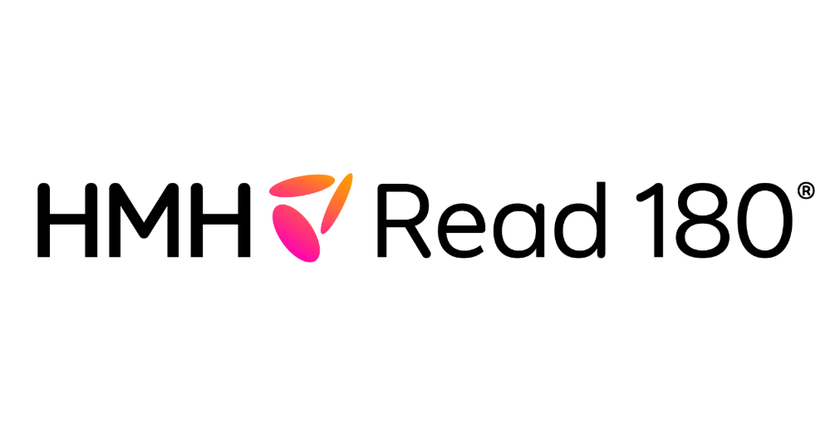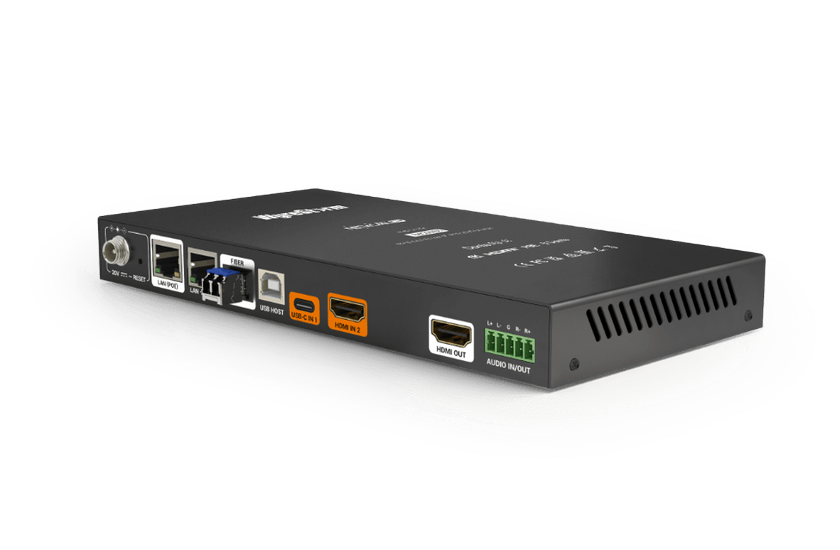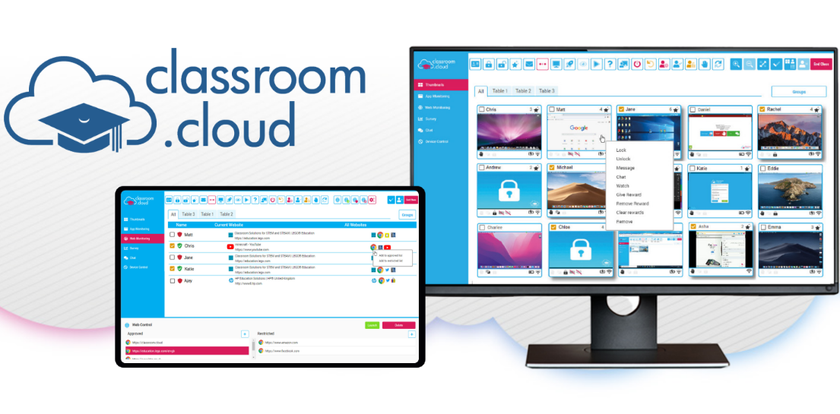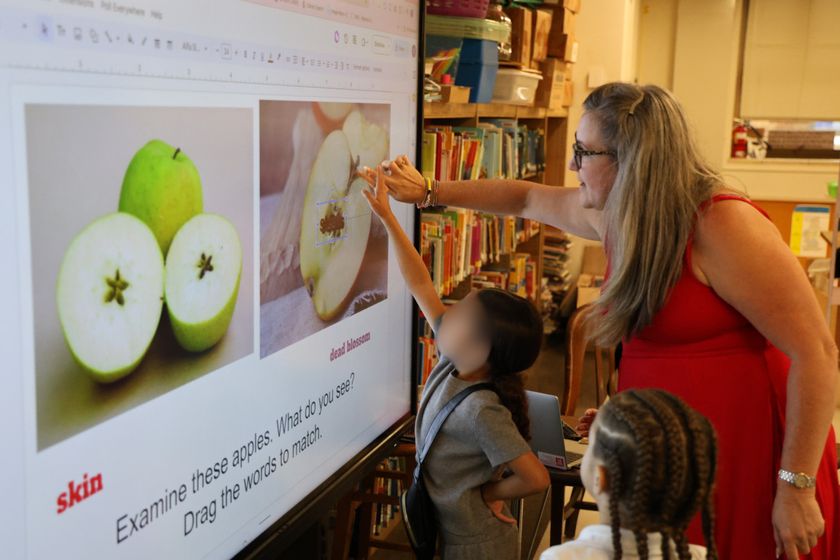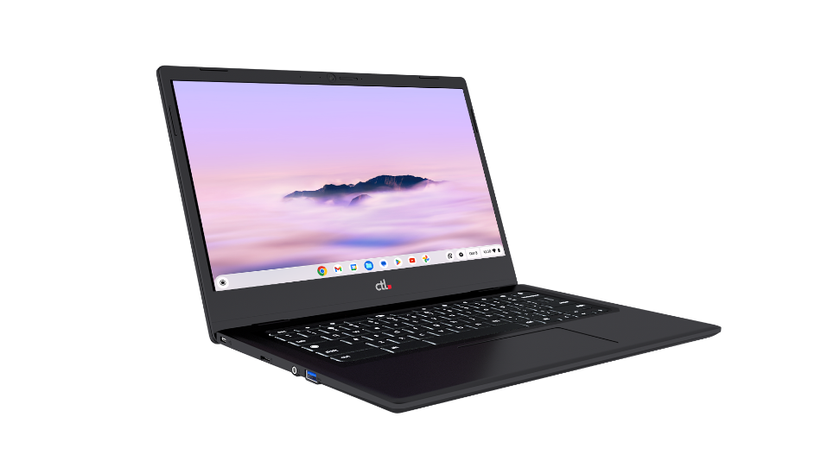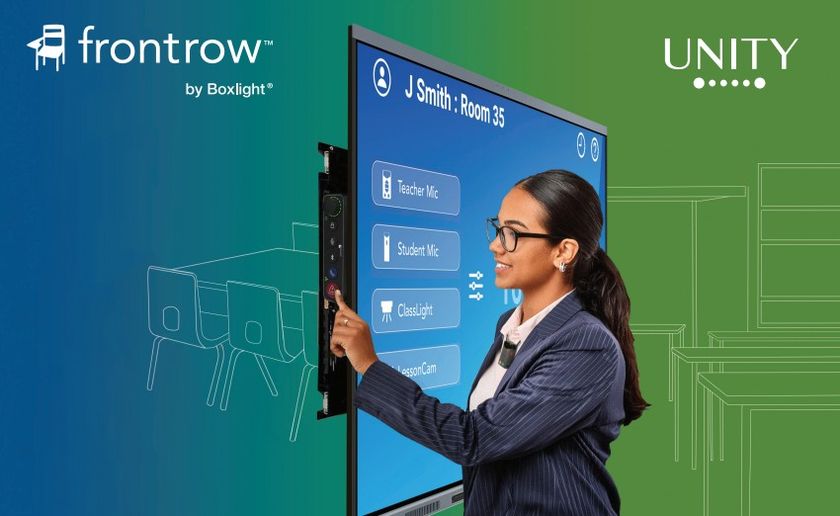OVER 35 FORMATIVE ASSESSMENT TOOLS TO ENHANCE FORMATIVE LEARNING OPPORTUNITIES

T&L adviser Michael Gorman prefers the term “formative learning” to formative assessment. Here he shares over 35 formative learning tools, in nine different categories, for integrating technology with good teaching.
Category 1: Video. These tools enable teachers to use video to provoke new thinking and inquiry.
* EduCanon—Place videos in a formative loop and check for student understanding.
* Zaption—Collect information on students’ progress as they access video at home or school.
* EDpuzzle—Track student understanding of a video from nearly any source on any device.
* Blubbr.tv—Create video-based trivia games.
Categories 2 & 3: Quizzes, Check-ups, and Feedback.

The data collection and analytic tools provided by these tools can provide important insights to inform future instruction.
* Kahoot—Get a quick read on student knowledge and understanding.
* Socrative—Post questions, polls, and quizzes on the fly with minimal preparation.
* Quizlet—Create or choose from thousands of ready-made quizzes on multiple subjects.
* Quizizz—Bring the whole class into a competitive learning situation.
* Answer Garden—Ask a question and get group feedback with this Web-based tool.
* Google Forms—Create and analyze surveys that allow for student feedback and choice.
* Padlet—Place virtual post-it notes on the screen and include pictures and links.
* GoSoapBox—Gain real-time insight into student comprehension.
Categories 4 & 5: Lessons and Video Creation.

Creating content that explains conceptual understanding allows for deeper understanding.
* Blendspace—Create a lesson using multiple Web-based resources and tools.
* Gooru—Build digital lessons in no time or use one of many prebuilt lessons.
* GoClass—Edit and manage digital lessons from anywhere for use on any device.
* Nearpod—A presentation on multiple devices controlled by the teacher.
* Screencast-O-Matic—A great screen capture system with advanced editing controls.
* Powtoons—Teachers and students can create animations to explain concept ideas.
* Moovly—An engaging tool that allows you to overlay drawing and animation on real video.
Categories 6 and 7: Back Channels and Games.

Educational games provide wonderful learning experiences that can go well beyond content.
* TodaysMeet—Create a virtual chat room for students to collaborate.
* Chatzy—Encourage the chat in your room to support academic topics.
* Backchannel Chat—Allows classroom back channels with teacher controls.
* Google Docs—The chat feature can serve any of its apps on Drive.
* Utah Education Network—Games and simulations for most subject areas.
* JeopardyLabs—This game is always fun in any format.
* Brainrush—Adaptive learning games to share and build.
* 3D GameLab—A 3D collection of over 20,000 quests to share and even remix.
Categories 8 & 9: Interactives and Others.

Allow students to have voice and choice as they demonstrate learning.
* ReadWriteThink—An amazing selection of Web-interactive tools.
* ClassTools.net—Think of analog tools built in a digital way with unlimited possibilities.
* Graphite—A collection of vetted apps, including Common Core and Lesson Building Apps.
* APPEd Review—In-depth reviews of 500 apps, complete with screen shots.
* Scrumy—A unique project management module for individuals and/or groups.
* Plickers—Ask a question and students hold up paper with codes suggesting their answers.
* GoFormative—Part feedback, part game, part group brainstorming.
* Prism—Measures the crowd in reference to a particular reading.
Tech & Learning Newsletter
Tools and ideas to transform education. Sign up below.

